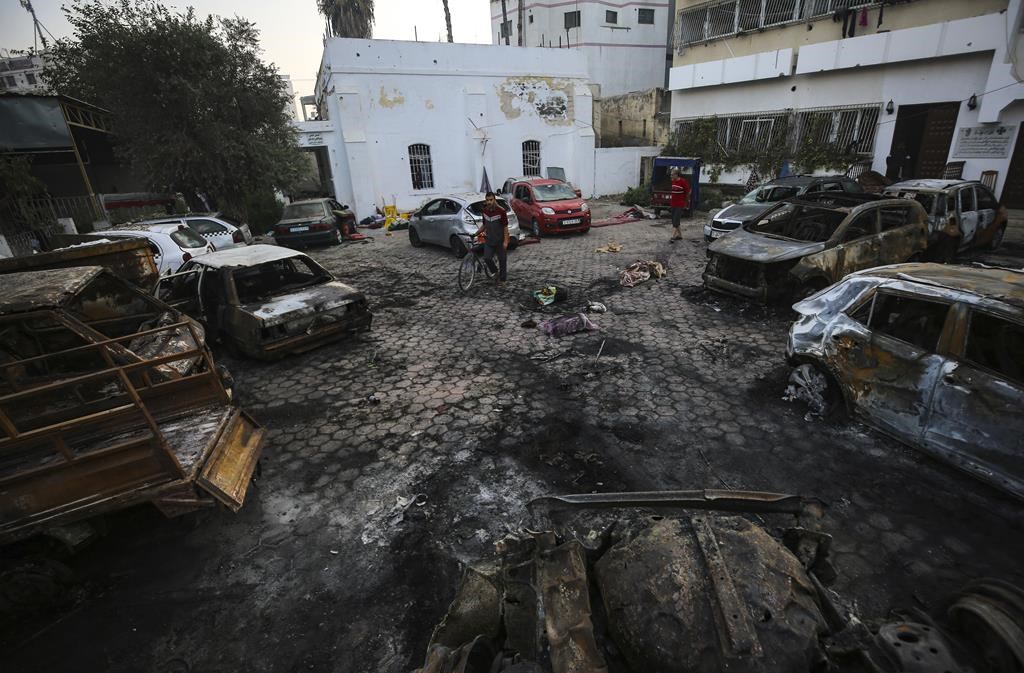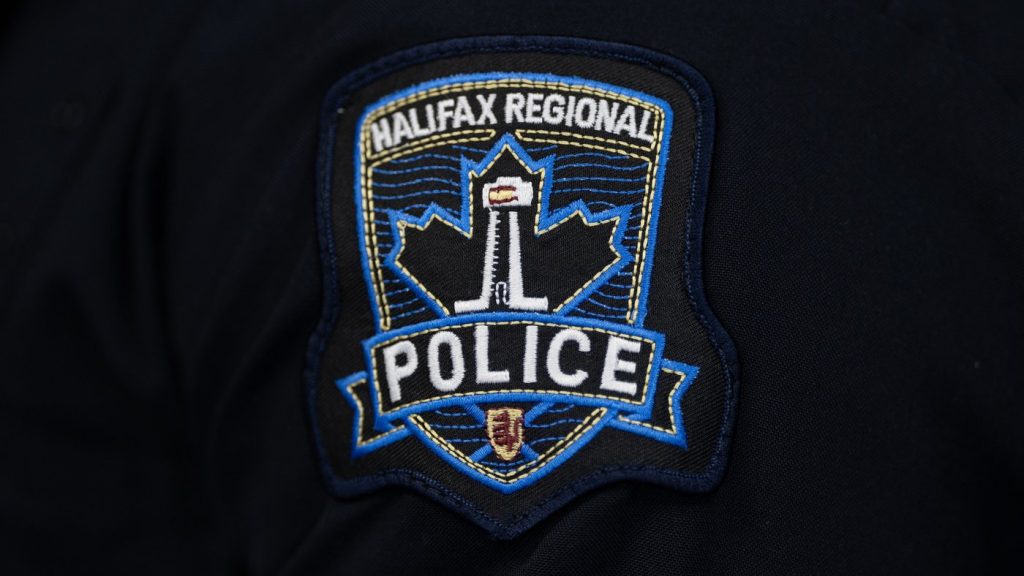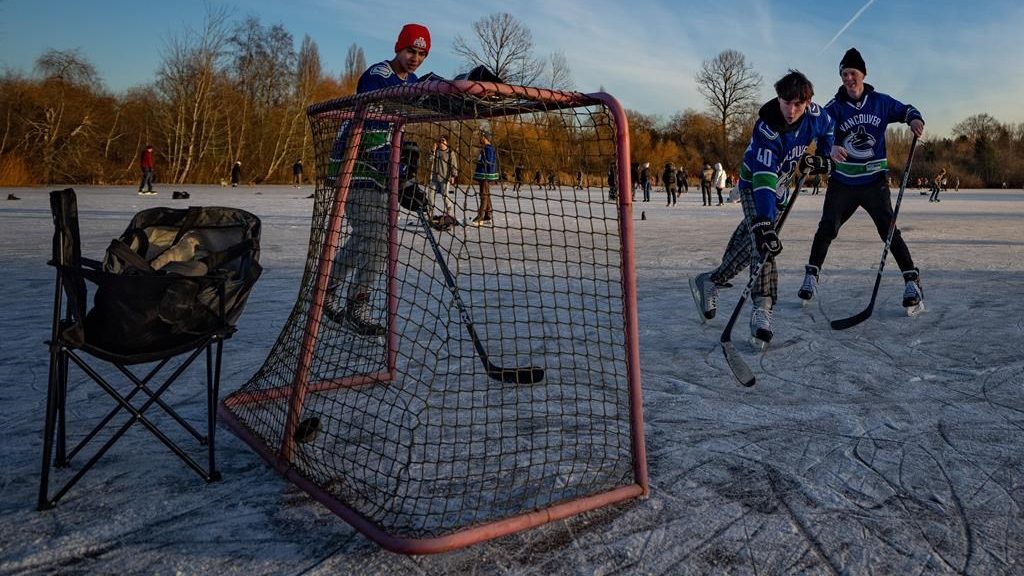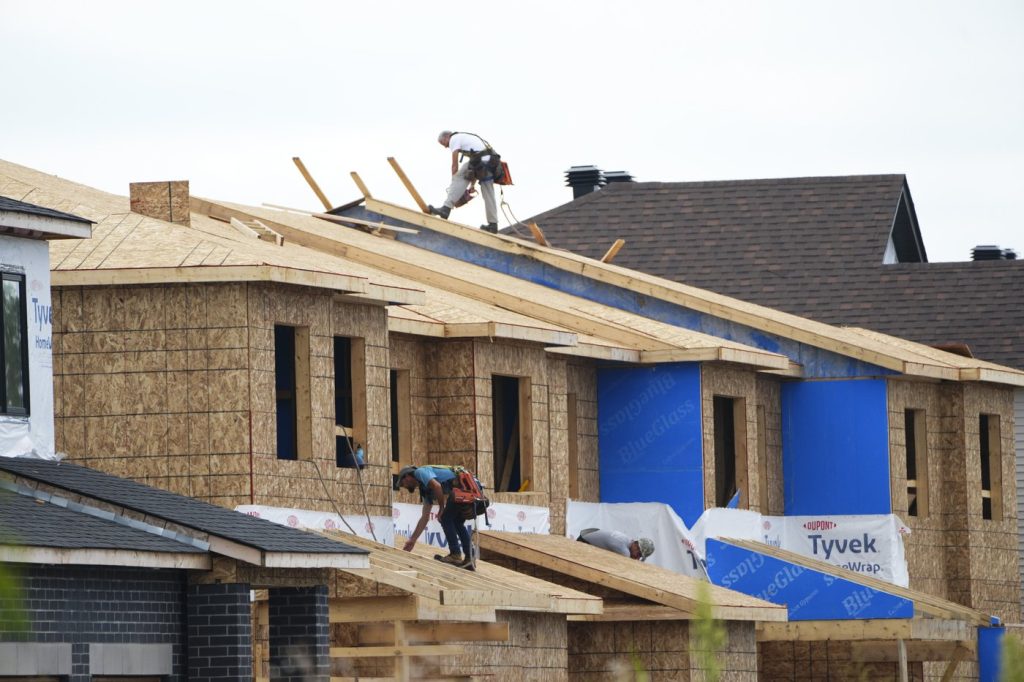Israel welcomes Canada’s conclusion that Israel didn’t strike hospital in Gaza

Posted Oct 22, 2023 05:00:00 AM.
Last Updated Oct 22, 2023 09:23:53 PM.
Israel is “pleased” that Canada has joined the United States and France in believing that an explosion at a Gaza City hospital last week was fired by an errant rocket from within the Gaza Strip, the Israeli ambassador in Ottawa said Sunday.
But intelligence and foreign affairs experts say the latest assertions will do little to calm tensions in the region or among supporters of Israel and Palestinians abroad.
On Saturday Canada became the third western ally to back Israel’s assertion that it was not responsible for the rocket blast at the al-Ahli Arab hospital on Oct. 17.
“Analysis conducted independently by the Canadian Forces Intelligence Command indicates with a high degree of confidence that Israel did not strike the hospital on October 17, 2023,” Defence Minister Bill Blair said in a statement published late Saturday.
“The more likely scenario is that the strike was caused by an errant rocket fired from Gaza. We will continue to provide updates as new information becomes available.”
That followed similar conclusions reached by the United States on Oct. 18 and France on Oct. 20.
Israel’s Canadian ambassador, Iddo Moed, said Sunday he welcomed Canada’s conclusion.
“The loss of life at the al-Ahli Arab hospital was a tragedy that should horrify any human being and it is a reminder of the double war crimes against Palestinians and Israelis that are committed by Hamas and other terrorist groups in Gaza,” Moed said.
But the National Council of Canadian Muslims said Sunday they had reached out to Blair to get more information about what led Canada to draw the conclusion it did.
A statement issued by the council Sunday evening said there are many outstanding questions and also called on Canada to recognize the jurisdiction of the International Criminal Court to do an independent ground assessment.
The council also said this is just one hospital that has been hit since the “siege on Gaza” began, along with churches and schools.
“Thus, we are focused around the need for immediate ceasefire,” the council said.
The blast became a new flashpoint in the latest conflict that began more than two weeks ago when hundreds of Hamas militants launched a multi-pronged attack on Israel. Hamas, a group which Canada has labelled a terrorist organization since 2002, launched rocket fire and a ground assault on several sites including at a music festival and at several agricultural collective communities known as kibbutzim.
At least 1,400 Israelis were killed, several thousand injured and more than 200 people — including children — were taken hostage by Hamas, which has controlled the Gaza Strip for 16 years. Six Canadians died in the attack, and it’s believed two remain missing.
Israel responded to the attack with force, cutting off power and supplies to the Gaza Strip and launching its own rocket attacks into the area. It is preparing for a ground assault as well.
As of Sunday, estimates suggest about 4,600 Palestinians have lost their lives in the latest conflict, and the humanitarian impact of Israel’s response is having harsh consequences on the nearly two million people who call Gaza home.
Prime Minister Justin Trudeau has been unequivocal that Canada supports Israel’s right to defend itself but that all sides must follow the law and civilians must be protected.
Canada has called for Hamas to release all hostages and for Israel and Egypt to facilitate aid deliveries to Gaza.
Trudeau repeated those positions Sunday in a phone call with Israeli President Isaac Herzog.
Small amounts of food, fuel and medical supplies were delivered over the weekend, though the suffering in the Gaza Strip remains immense. Residents have reported surviving off dirty water and witnessing fights break out over scarce supplies, while packed hospitals have warned of critical fuel shortages.
The hospital blast upended an already tense situation and furthered the distance between western and Arab countries.
Trudeau faced pressure shortly after the hospital blast to assign blame for it. When asked by a reporter in French about the “Israeli strike” on the hospital, before Israel denied responsibility, Trudeau called the attack “horrific” and “unacceptable.”
A few hours later, after Israel said the rocket wasn’t theirs, Trudeau called for international law to be upheld, but did not point fingers.
“Together, we must determine what happened,” he said. “There must be accountability.”
That same day he tasked Blair with having the military undertake a review and analysis of available evidence so Canada could draw its own conclusions.
On Thursday, a day after U.S. President Joe Biden laid the blame on a rocket from inside Gaza, Trudeau said Canada had seen some preliminary evidence but needed more time to reach “a firm and final conclusion.”
The initial Canadian analysis was completed on Oct. 21, and after Blair was brought up to speed he briefed Trudeau and then released the general finding publicly just before 10 p.m. Canada has not specified what evidence led to its conclusion.
Peter Jones, a professor of public and international affairs at the University of Ottawa, said it’s “fairly normal” for Canada to independently analyze incidents of interest overseas, but that it is less common to put out a statement on its findings.
“Given the enormous media attention and public interest, I guess the government of Canada just felt it couldn’t remain silent,” Jones said in an interview.
“The government was under a certain amount of pressure to declare one way or the other … other allied governments are doing the same thing.”
Jones spent seven years working in intelligence analysis and has himself analyzed incidents of interest to Canada to determine if it agreed with its allies on a particular issue.
“In most events of significance around the world where the Canadian government wants to have its own perspective on what happened and not rely on the analysis of others, Canada’s intelligence community will produce its own analysis,” Jones said.
But Jones said the findings are unlikely to change the minds of those who already believed Israel was at fault.
“In many countries in the Middle East, in many Arab countries, people have already formed their opinion and it’s based upon what Hamas has said and their own anger at what’s been going on and all the rest of it,” said Jones.
Colin Robertson, a former Canadian diplomat and senior fellow at the Canadian Global Affairs Institute, said the facts may support Canada’s conclusion but in the current world, facts don’t always matter.
“Alas, we live in a world where feelings trump facts so it won’t change much,” he said.
“We also live in a world where people don’t always know whose facts to believe.”
Evidence from Israel includes satellite images and intercepted conversations between militants. French authorities said an Israeli explosive is much bigger and would have caused a bigger crater. They said this explosive was about five kilograms, which is closer to the type used by Palestinian militants.
It’s also not yet clear how many people were killed when the rocket hit. The Palestinian Health Authority said nearly 500 people died, while U.S. intelligence sources have been cited saying the number is somewhere between 100 and 300.
Israel has pointed the finger at the Palestinian Islamic Jihad for being the source of the rocket. The PIJ is the second-largest armed group in Gaza, whose sole objective is a military victory over Israel to establish an Islamic State across all of Israel, along with the West Bank and Gaza.
American officials told the New York Times their preliminary evidence also pointed to the PIJ. But Canada has not yet specified who it thinks fired the rocket.
“As Canada provides further updates, Israel is assured that other findings uncovered by the Israeli Defense Forces, including the culpability of Palestinian Islamic Jihad, will be identified by Canada as the source of this war crime,” Moed said.
With files from Lyndsay Armstrong in Halifax.
This report by The Canadian Press was first published Oct. 22, 2023.
Mia Rabson, The Canadian Press








